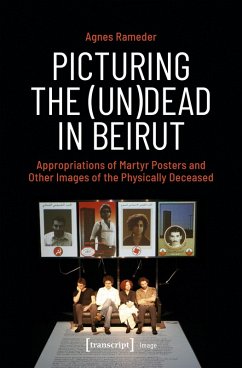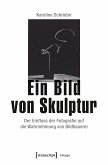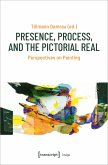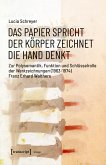Martyr posters are more than obituary images - they can act as visual politics. Focusing on Rabih Mroué's play How Nancy Wished That Everything Was an April Fool's Joke (2007), Agnes Rameder analyses how contemporary artists question and appropriate Lebanese martyr posters. By linking the posters from the Wars in Lebanon (1975-1990) to contemporary posters, she shows that these images continue to the present day, that martyrs are still created and that deaths, such as those who were killed in the explosion on 4 August 2020, are still visually remembered. This study does not focus on how such pictures are perceived by a Western audience but delves into the use and abuse of martyr posters that were intended to be shown to the Lebanese.
Dieser Download kann aus rechtlichen Gründen nur mit Rechnungsadresse in A, D ausgeliefert werden.









